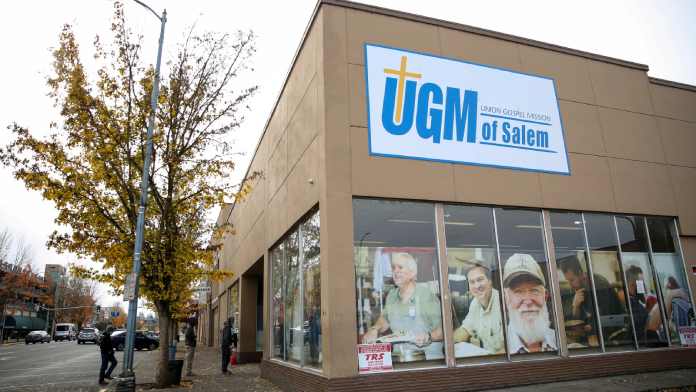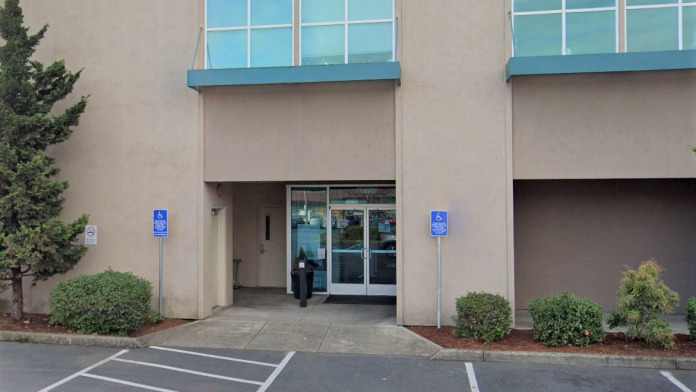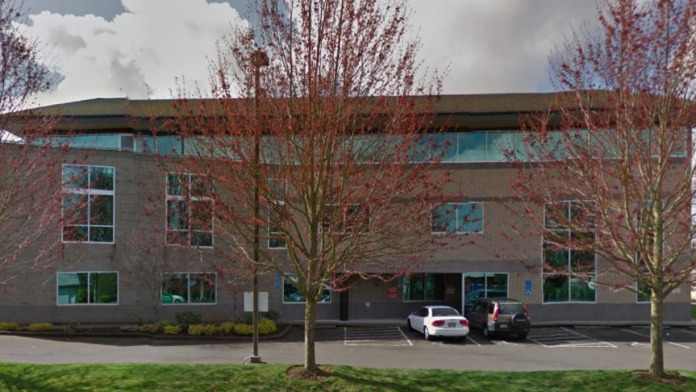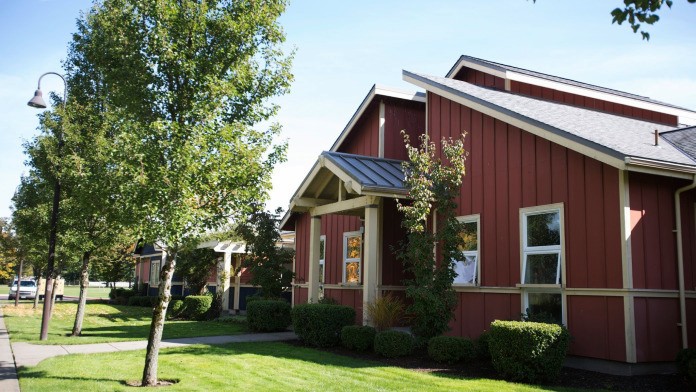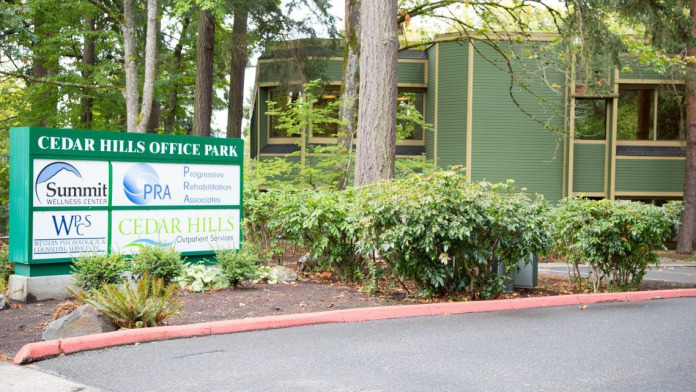Staff was absolutely wonderful, everyone helped me get better. Short waiting times for each appointment. A very good experience, I want to thank you for doing your best to take care of me and making me comfortable.
About Salem Health Psychiatric Medicine Center
Salem Health Psychiatric Medicine Center in Salem, Oregon, provides inpatient psychiatric care to individuals with cooccurring mental health and substance use disorders, as part of Salem Health’s broader healthcare services. Stays are generally short, ranging around 6-8 days.
The facility accepts most commercial insurance plans, along with Medicare and Medicaid. Financial counselors are on hand to help clients with payment and billing questions.
Around-the-Clock Care for Cooccurring Disorders
Salem Health caters mainly to adults ages 18 and over with acute psychiatric or substance related symptoms. They accept patients on both a voluntary and involuntary basis, providing 24/7 for persons with severe mental illnesses who may be unsuited for other outpatient situations.
Seamless Transition Support
Their skilled teams of psychiatrists, nurses, therapists and social workers provide a comprehensive array of services including group therapy, medication management and discharge planning.
They prioritize personalized treatment planning with a focus on quickly stabilizing patients and creating unique recovery plans in conjunction with family and community members. Extra support for a seamless transition to outpatient care is provided post treatment.
Positive patient reviews often praise the secure facility and the compassion of the staff. Some comment on the efficient and respectful intake and assessment processes. Others commend the care team’s special emphasis on transition planning.
Safe Hospital Setting
I’m impressed by Salem’s safe hospital setting, specifically designed for psychiatric stabilization. The facility features private group therapy rooms, indoor and outdoor recreation areas and semi private and private patient rooms.
The central location is also a plus, near Salem Health Hospital campus and in walking distance of Bush’s Pasture Park, which offers green spaces, trails and gardens that could be used for therapeutic outings during recovery.
Latest Reviews
Rehab Score
Gallery
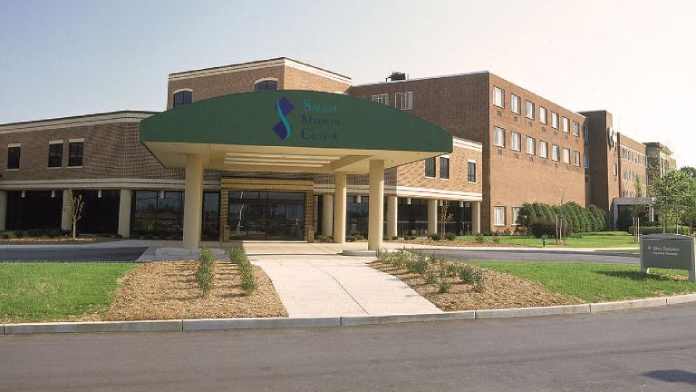

Accepted Insurance



Other Forms of Payment
Medicaid is a state based program that helps lower-income individuals and families pay for healthcare. Medicaid covers addiction treatment so those enrolled can use their coverage to pay for rehab. When a program accepts Medicaid the client often pays very little or nothing out of their own pocket.
Private insurance refers to any kind of healthcare coverage that isn't from the state or federal government. This includes individual and family plans offered by an employer or purchased from the Insurance Marketplace. Every plan will have different requirements and out of pocket costs so be sure to get the full details before you start treatment.
Self-pay involves paying for treatment out of your own pocket. You can use savings or credit, get a personal loan, or receive help from family and friends to fund your treatment. If you don't have insurance or your insurance plan doesn't cover a specific program, self-pay can help ensure you still get the care you need.
Financial aid can take many forms. Centers may have grants or scholarships available to clients who meet eligibility requirements. Programs that receive SAMHSA grants may have financial aid available for those who need treatment as well. Grants and scholarships can help you pai for treatment without having to repay.
Medicare is a federal program that provides health insurance for those 65 and older. It also serves people under 65 with chronic and disabling health challenges. To use Medicare for addiction treatment you need to find a program that accepts Medicare and is in network with your plan. Out of pocket costs and preauthorization requirements vary, so always check with your provider.
Addiction Treatments
Levels of Care
Residential treatment programs are those that offer housing and meals in addition to substance abuse treatment. Rehab facilities that offer residential treatment allow patients to focus solely on recovery, in an environment totally separate from their lives. Some rehab centers specialize in short-term residential treatment (a few days to a week or two), while others solely provide treatment on a long-term basis (several weeks to months). Some offer both, and tailor treatment to the patient's individual requirements.
Treatments
Mental health rehabs focus on helping individuals recover from mental illnesses like bipolar disorder, clinical depression, anxiety disorders, schizophrenia, and more. Mental health professionals at these facilities are trained to understand and treat mental health issues, both in individual and group settings.
Programs
Adult rehab programs include therapies tailored to each client's specific needs, goals, and recovery progress. They are tailored to the specific challenges adult clients may face, including family and work pressures and commitments. From inpatient and residential treatment to various levels of outpatient services, there are many options available. Some facilities also help adults work through co-occurring conditions, like anxiety, that can accompany addiction.
Clinical Services
Cognitive Behavioral Therapy (CBT) is a therapy modality that focuses on the relationship between one's thoughts, feelings, and behaviors. It is used to establish and allow for healthy responses to thoughts and feelings (instead of unhealthy responses, like using drugs or alcohol). CBT has been proven effective for recovering addicts of all kinds, and is used to strengthen a patient's own self-awareness and ability to self-regulate. CBT allows individuals to monitor their own emotional state, become more adept at communicating with others, and manage stress without needing to engage in substance abuse.
Dialectical Behavior Therapy (DBT) is a modified form of Cognitive Behavioral Therapy (CBT), a treatment designed to help people understand and ultimately affect the relationship between their thoughts, feelings, and behaviors. DBT is often used for individuals who struggle with self-harm behaviors, such as self-mutilation (cutting) and suicidal thoughts, urges, or attempts. It has been proven clinically effective for those who struggle with out-of-control emotions and mental health illnesses like Borderline Personality Disorder.
Experiential therapy is a form of therapy in which clients are encouraged to surface and work through subconscious issues by engaging in real-time experiences. Experiential therapy departs from traditional talk therapy by involving the body, and having clients engage in activities, movements, and physical and emotional expression. This can involve role-play or using props (which can include other people). Experiential therapy can help people process trauma, memories, and emotion quickly, deeply, and in a lasting fashion, leading to substantial and impactful healing.
Group therapy is any therapeutic work that happens in a group (not one-on-one). There are a number of different group therapy modalities, including support groups, experiential therapy, psycho-education, and more. Group therapy involves treatment as well as processing interaction between group members.
Nicotine Replacement Therapy (NRT) is a way of getting nicotine into the bloodstream without smoking. It uses products that supply low doses of nicotine to help people stop smoking. The goal of therapy is to cut down on cravings for nicotine and ease the symptoms of nicotine withdrawal.
Nutrition therapy, aka medical nutrition therapy (MNT), is a way of treating physical, emotional, and medical conditions through diet. Specific dietary plans are designed by professional nutritionists or registered dietitians, and patients follow them in order to positively affect their physical and mental health.
Staff

Cheryl Nester Wolfe, RN
President & CEO

Jim Bauer
Chief Development Officer

John Bauer
Chief Legal Officer

Christine Clarke, MD
Chief Medical Officer
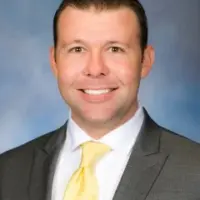
Shea Corum
CIO & Interim Chief Human Resources Officer

Sarah Horn, RN
Senior VP & Chief Nursing & Operations Officer
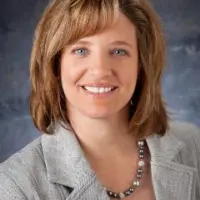
Leah Mitchell, RN
Executive VP of Operations & Chief Integration Officer

James Parr
Executive VP of Operations & CFO
Contact Information
1127 Oak St SE
Salem, OR 97301

